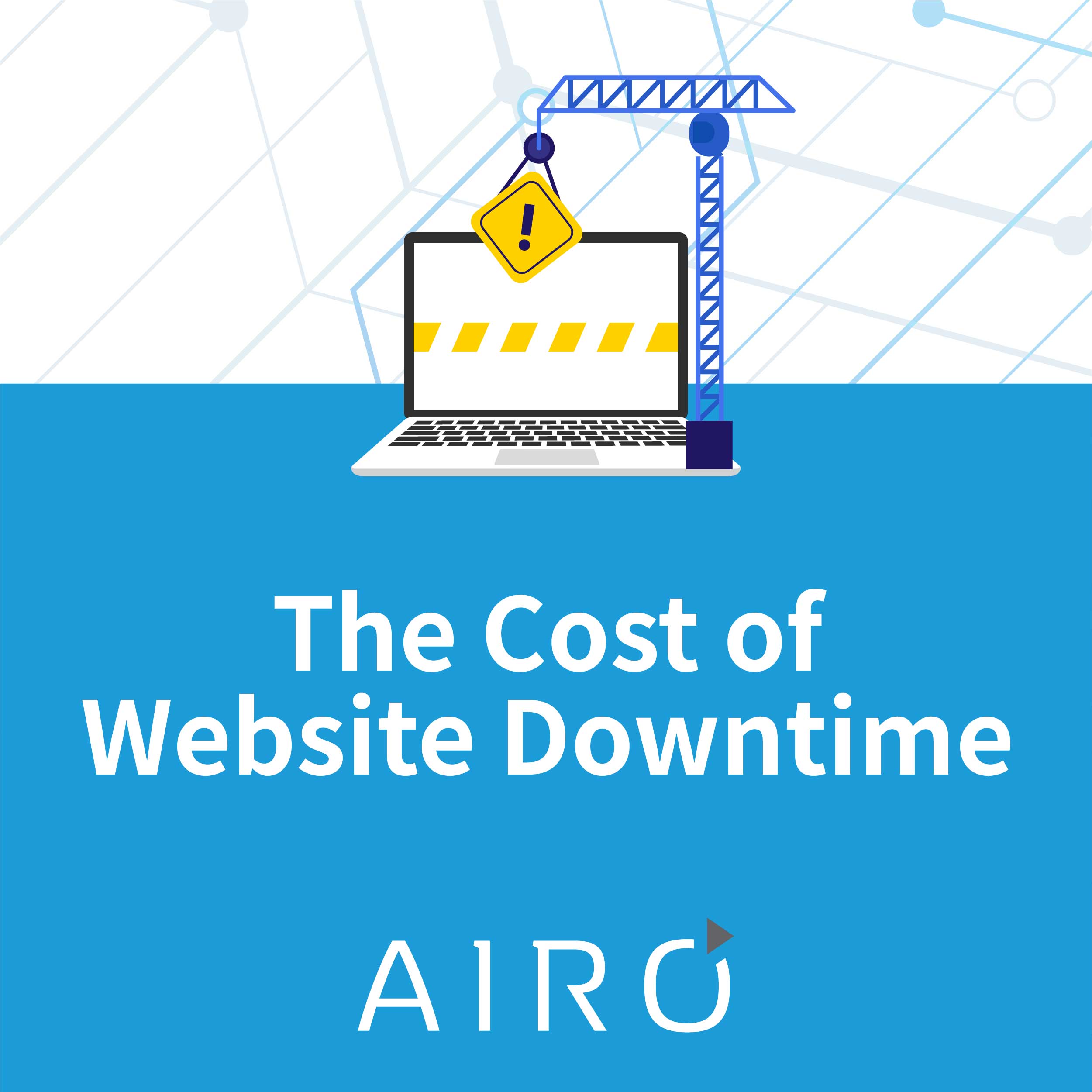
Having a website is essential for modern businesses. Not only will a website generate higher revenue, ranking high enough on Google will provide a steady influx of new customers who are looking for the product or service that you supply. Add in the reality that the internet is a much bigger advertising platform than your local paper, and there’s no reason not to have a website.
However, while owning a domain name is an absolute must for businesses, there is a hidden weakness to websites that needs to be accounted for.
Your website could go offline.
Why do websites go offline?
There are a lot of reasons why a website can suddenly go down, though the most likely culprit in any situation is server error. The server that hosts your website isn’t just hosting your website: it has others on the same platform, and if that server becomes overloaded, it can crash. The way to circumvent this is to opt for a bigger hosting platform with multiple data centres and servers, but even then, you might have to come to terms with the fact that server error can still happen to you.
That said, bigger hosting platforms are more than capable of creating backup servers to peter out the strain, so choose your host provider carefully and you might be able to avoid this for the foreseeable future, though not indefinitely.
Other reasons why websites go down are far more mundane: website maintenance requires that your website be offline in order for changes to be made, and programming errors are still a risk even for established websites. There’s also cybersecurity risks: hackers who can take your website offline and hold it for ransom until you pay them a certain amount of money.
Regardless of the reason, when your website goes offline, it’s a far bigger problem than people not being able to find your page.
The Cost of Website Downtime
A website is down when it’s completely offline. A downed website means that no-one can use the page, so your customers and your clients will try to access your site only to find an error page.
When a website is offline, no business can be done through that website, so your revenue has effectively been reduced to 0. You no longer have a storefront or a way of doing business over the internet, or a way for your clients to find you: you have a placeholder, and unfortunately, this does not bring money into your business.
Here are some other factors that website downtime could cost you.
- Brand trust: people who visit a website only to find that it’s offline could make the decision not to purchase from your store in the first place. Although your website could be offline through no fault of your own, the reality is that new customers won’t really give you the benefit of the doubt: they’ll just find a competing site that has what they want.
- Page ranking: Google is very strict on what pages rank where in their algorithm, and downtime has a direct impact on where your webpage is located. Stay offline for any length of time, and you might find that your ranking has gone down – and if you stay offline for long enough, Google could just scrap your page from its internal index, which means you’d have to start over with your SEO efforts.
- Expenses: With no revenue coming in, you’ll have to face the ongoing expenses on your own: your website hosting, the team that you work with, and any other expenses are not going to go away just because your website is offline – but you won’t have website revenue to help.
Avoiding downtime
Avoiding downtime entirely is a tall order, but if your website is 100% where your revenue comes from, it’s doable. Investing in an excellent hosting service, planning for outages, and having backups is work that can be done to prepare for downtime, and might cut the time a website stays offline in half. Constant monitoring is also helpful: that way, if a website goes offline at a low period, it will be discovered sooner.
If all of this sounds complicated, no problem: at AIRO software, we’re happy to help make it easier for you by putting the technical side together so you don’t have to. Drop us a message, and we’ll see what we can do to make your life easier.

